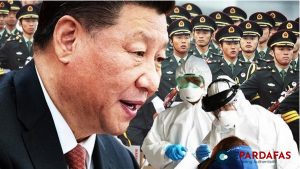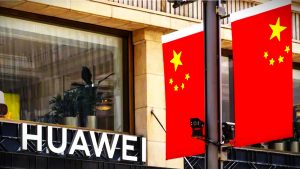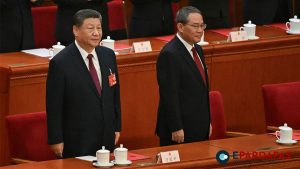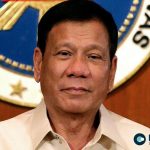
Maldives’ Perilous Debt Situation Amidst Deepening Ties with China

In a stark warning issued by the International Monetary Fund (IMF), the Maldives finds itself teetering on the brink of “high risk of external and overall debt distress,” placing the nation’s economic stability in jeopardy. The IMF’s cautionary note comes amidst burgeoning financial ties between the Maldives and China, raising concerns over the island nation’s economic sovereignty.
Since the ascent of President Mohamed Muizzu to power in November 2023, the Maldives has witnessed a significant influx of Chinese funding, with Beijing pledging further financial support to the island nation. President Muizzu, expressing gratitude for China’s assistance during a recent visit to Beijing, acknowledged the pivotal role of Chinese investment in the Maldives’ development endeavors.
However, despite the injection of foreign funds, the IMF underscores the pressing need for “urgent policy adjustment” to mitigate the looming economic crisis. The lack of transparency surrounding the Maldives’ foreign debt amplifies concerns, with the IMF emphasizing the imperative for substantial policy reforms to avert fiscal deficits and burgeoning public debt.
Renowned for its pristine beaches and thriving tourism sector, the Maldives has demonstrated resilience in its economic recovery from the Covid-19 pandemic. Yet, amidst plans for infrastructure expansion and tourism development, uncertainties loom large, casting a shadow over the nation’s economic outlook.
Former President Abdulla Yameen’s administration, which governed from 2013 to 2018, heavily relied on Chinese financing for infrastructure projects, resulting in a substantial portion of the Maldives’ foreign debt owed to Beijing. The Maldives’ strategic location along global shipping lanes underscores the geopolitical significance of its economic stability, amplifying concerns over increasing Chinese influence in the region.
As the Maldives grapples with the specter of mounting debt and wavering economic prospects, stakeholders both domestically and internationally are compelled to address the pressing need for comprehensive policy reforms to safeguard the nation’s financial sovereignty and ensure sustainable development.











Comments